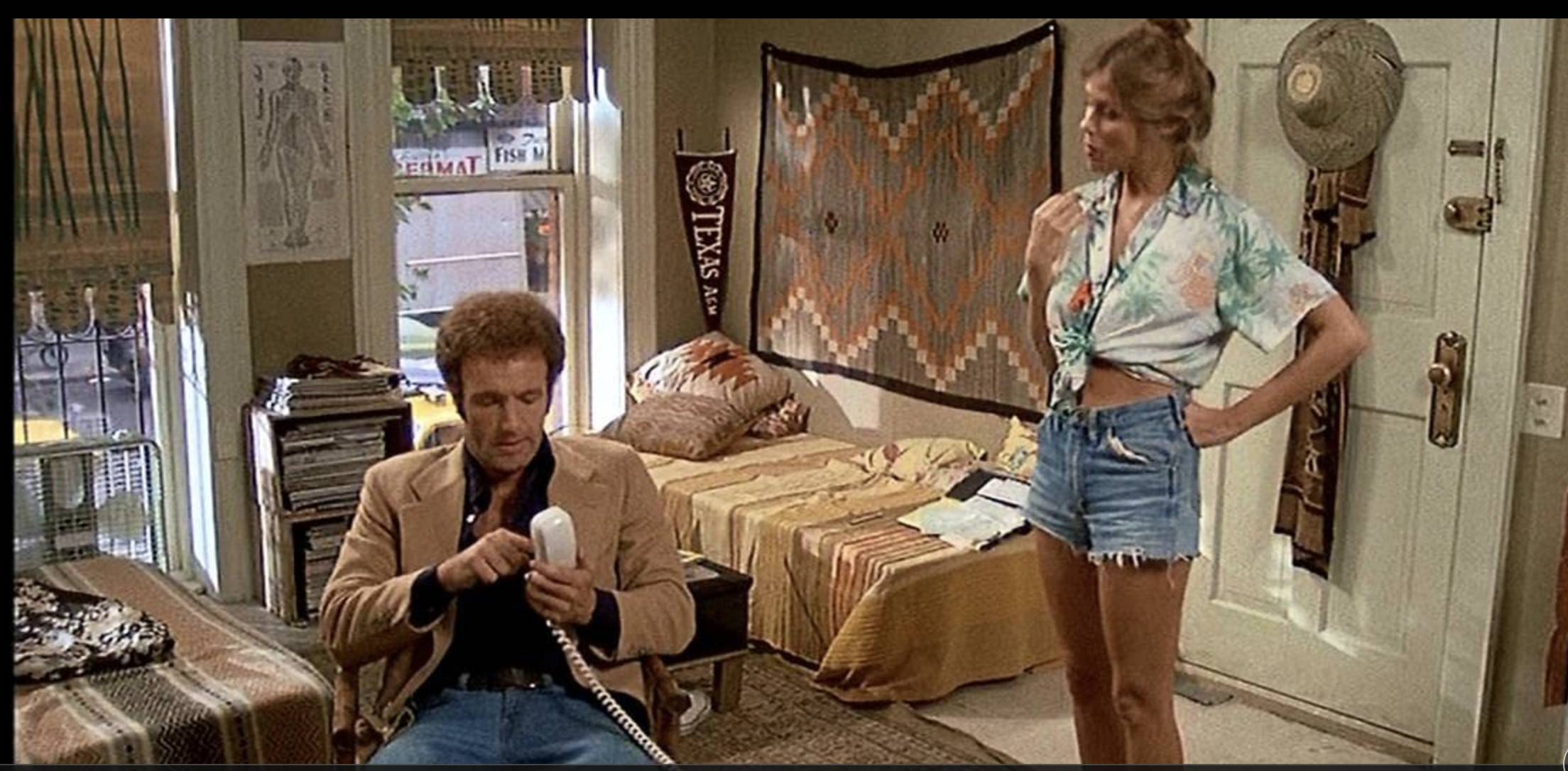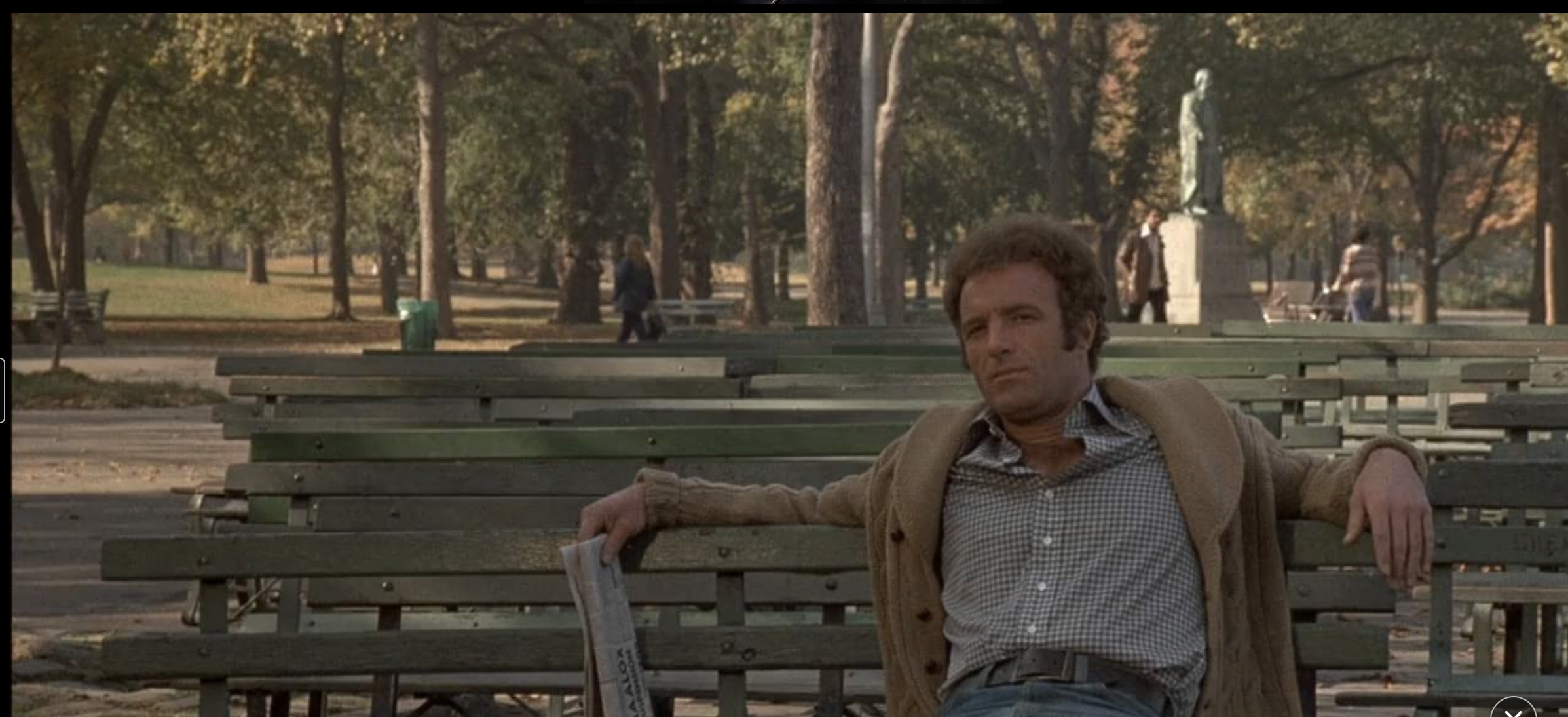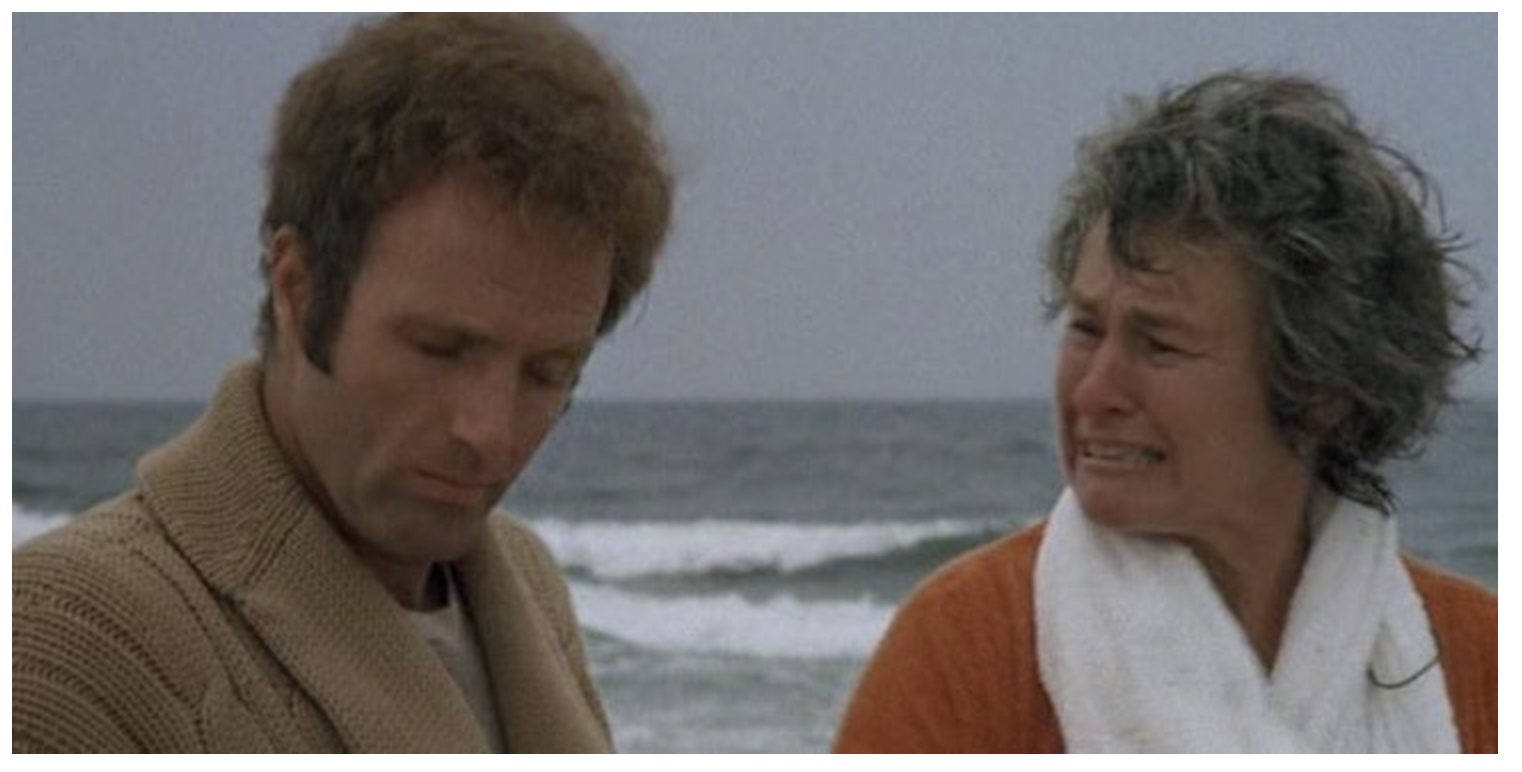On James Caan’s Gambler
To Honor James Caan, Who’s Just Passed Away, I've Decided to Watch his 1974 film, The Gambler.
This was a rather obvious choice: I haven’t seen this film, and I've just returned from the conference on Dostoevsky's Gambler.
The film is pretty good. Caan’s performance is strong, and so are some others, th plot line is gripping ( how can a dangerous addiction that unfolds in the face of family ties or erotic attraction can be boring?), and the settings and music score are first rate (they use Mahler’s symphony as a point of departure).
Caan plays a Jewish Professor of English in NYC, who somehow finds that gambling provides the answer to anxiety and existential angst, which were so prominent in the Hollywood of the 70s, and which have quickly disappeared into some sort of phony boloney optimism of the later years.
While this desire to get out of existential emptiness by any means possible, including self-destructive behavior is not particularly original, the film captures one unique dimension of it. Jewish anger. I suspect, the recent film, Uncut Gems, was the variation on the same topic.
Caan character seems to have it all. He comes from a nice wealthy family (rich grandpa and successful doctor mom), he is athletic, good looking and teaches fun courses at the university, yet, he is not happy. Celebrating his grandpa 80th birthday, he mentions all the real fighting for survival that his grandpa had to carry out before he became a legitimate success story in America. Obviously, the legacy of this misery and determination, and desire to beat all odds in order to succeed in consistently hostile world provides a rather jarring juxtaposition with the middle brow middle class existence of bourgeois America. So some people rebel and began to do all sort of things just to emulate this terrifying but raw and brutal past.
It is an interesting take that might explain to us not so much the gambling addiction, but rather the seemingly idiotic and self-destructive behavior of all sort of prominent people, from Dostoevsky himself, who would regularly embark on gambling streaks to modern day success stories that decide to drive themselves into the ground, including the screenwriter for the movie, James Toback, a talented man, who besides his drug and gambling addiction managed to get accused by 380 women of sexual harassment.
The film is surely not a match to Dostoevsky's Gambler, but it is a very decent American reply to it.


